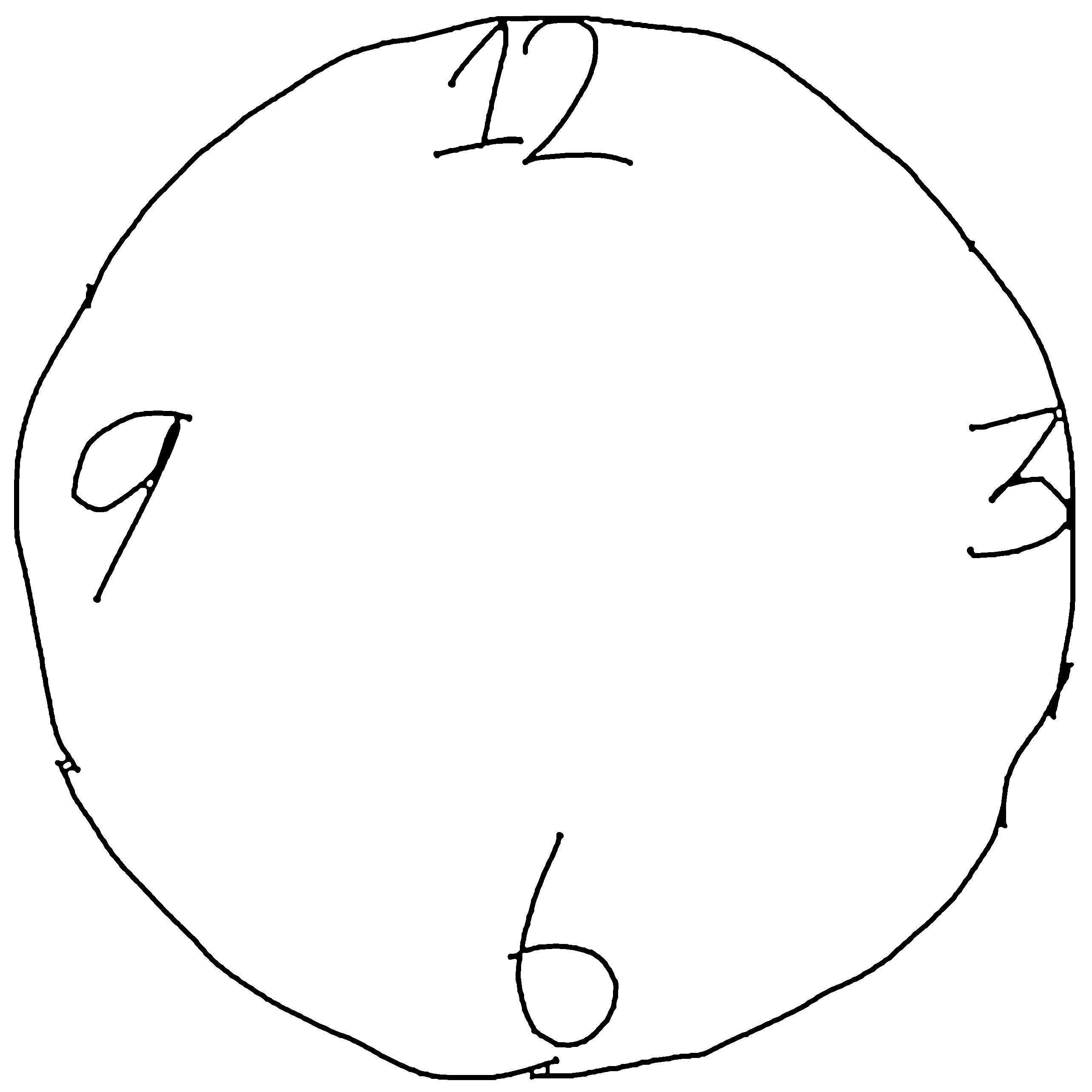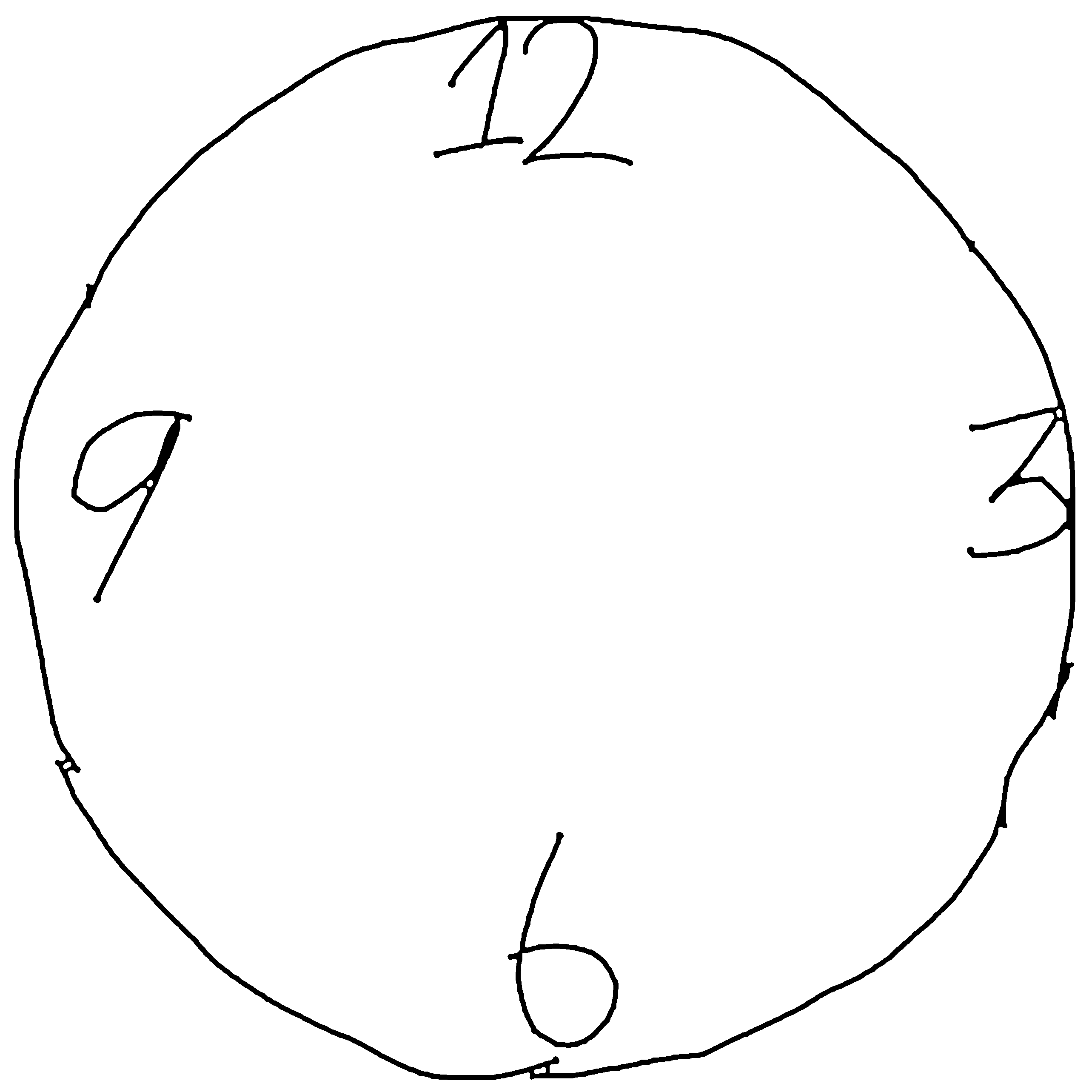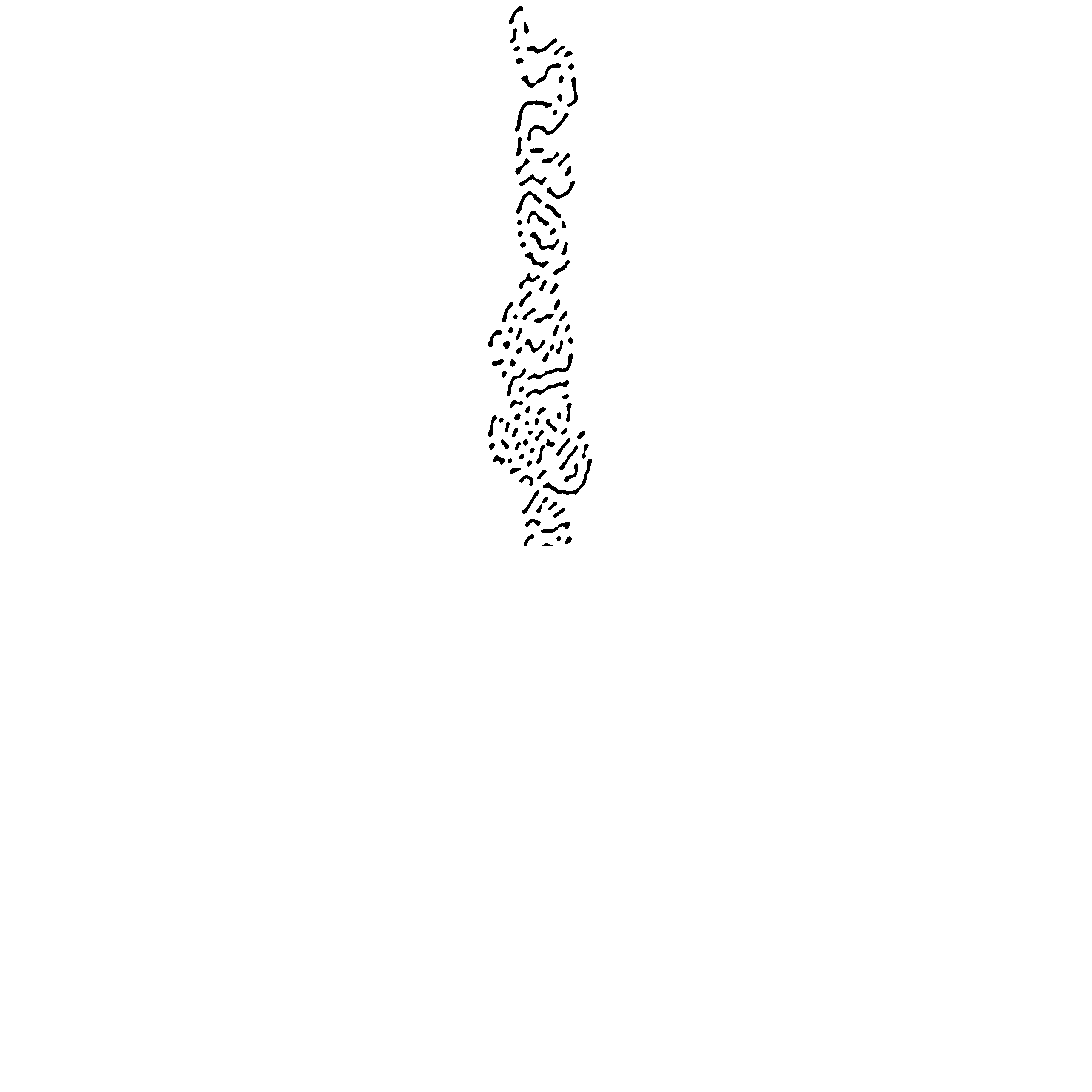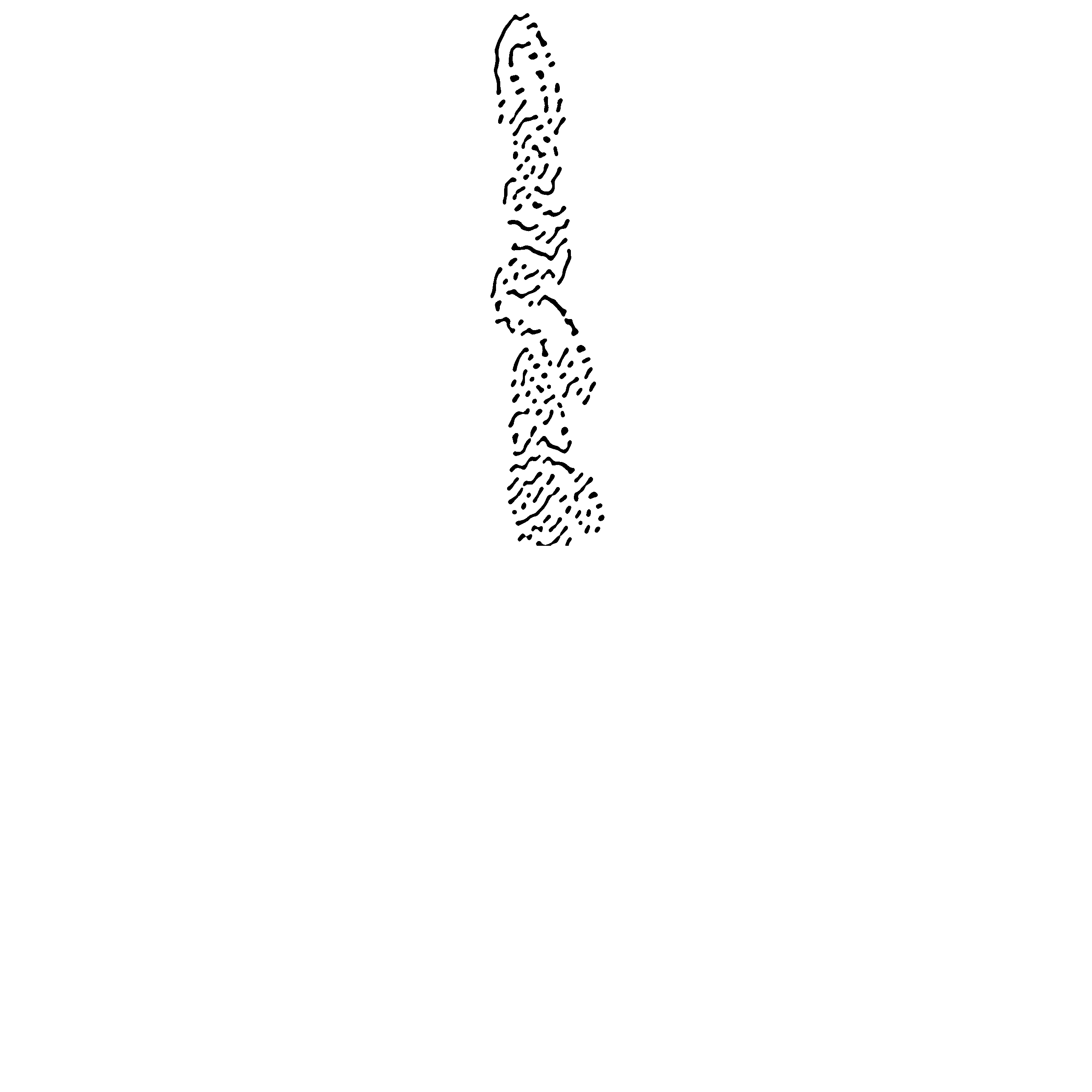14.12.2022 – 19:00 EET
The Body Keeps the Score. The Desire is Language.
Romy Rüegger
In this talk and conversation we will speak about layered echo chambers, places of shared desires, languages and artistic practice itself. Places that address intersectional politics of listening, of shifting canons. As places of remembrance and transgression, of confrontation as much as dialogue, of mutual unlearning and undoing. Future readers and performers involved. As experiences of staging, towards new constellations and structures of being together, of thinking together, of creating space and time together.
A play with languages and aesthetics, to be played inside or out. Mediocre design and the Laugh of the Medusa in a world of good designers, of taste and the institutionalization of everything.
The talk will meander along scripts, texts, performances and publications that I wrote, edited or staged in the past years. And the different long term, as well as punctual or situative collaborations and collaborative structures in which they emerged.
Romy Rüegger is an artist and writer, living in Berlin and Zurich. She currently focuses on histories and questions of racialized and criminalized non settled ways of living. Her experimental texts, scripts and plays have been shown, staged, exhibited, published and broadcasted. She currently teaches at the art academies in Zurich and Munich.







